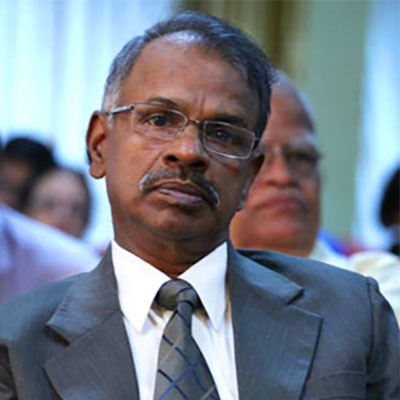- Home
- About Us
- Conditions Treated
- Treatment Offered
- Testimonials
- Gallery
- News And Events
- Urology & Andrology
- Blogs
- Contact Us
Endoscopy is a non-surgical procedure and is performed to probe into the digestive tract of a person. This technique uses a special instrument, called an endoscope. It is a flexible with a source of light and a camera. As the endoscope is inserted into the digestive tract, the internal organs can be observed on a TV screen that is attached to the endoscope. Diagnostic endoscopy is used to evaluate ulcer, gastritis, digestive tract bleeding, changes in bowel habits and polyps. It can also be used to take a biopsy for further examination of the removed tissue. Therapeutic endoscopy can be used to treat certain problems related to gall stones and can arrest bleeding from an ulcer.
Types of Endoscopy
Upper Endoscopy – endoscope is passes through the mouth, and throat into the esophagus. This allows the doctors to view the esophagus, stomach and upper part of the small intestine.
Lower endoscopy – also called sigmoidoscopy or colonoscopy, the endoscope is passed through the rectum into the large intestine to examine it and its nearby organs.
Endoscopic Retrograde Cholangio Pancreaticography or ERCP– enables pictures of the pancreas, gallbladder and its allied organs to be taken.
Endoscopic ultrasound or EUS – combines upper endoscopy and ultrasound examination. The advantage is that this method enables examination as well as capture of images of the various parts of the digestive tract.
Advanced therapeutic endoscopy includes treating Sphincter of Oddi Dysfunction and Stent Placement.
Endoscopic Urologic Surgery
Diseases of the urinary tract like kidney stones, ureteropelvic junction obstruction, tumours in the kidney or ureter, ureteral strictures, blockage in kidney require endoscopic surgery. Two different approaches are adopted – the first approach – the retrograde fashion involves reaching the affected area from the lower part of the urinary tract, bypassing stones, strictures or blockage of the ureter in order to empty the urine. The second approach – antegrade or percutaneous fashion, involves approaching the kidney through the skin.
Authored By Dr. N. AnandanGet in touch with us
Testimonials
About Dr. N. Anandan

Dr. N. Anandan is a senior consultant at Kauvery hospital and Apollo spectra hospitals in Chennai
Read MoreTreatments
Conditions Treated
Treatments Offered